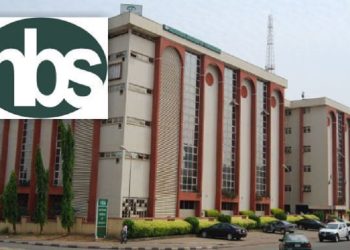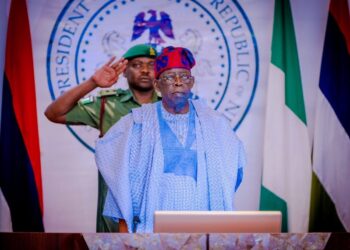Nigerian aviation industry is facing a significant crisis as over 40 aircraft from domestic airlines are currently grounded, both abroad and in Nigeria, due to a severe shortage of foreign exchange, according to a report by News Reporters. This shortage has affected various aspects of airline operations, from paying foreign aircraft maintenance facilities to acquiring crucial spare parts and even replacing old engines.
Of the grounded aircraft, more than 30 are stranded overseas, while slightly over 10 are unable to take flight within Nigeria due to the lack of foreign exchange necessary for maintenance and repairs. This crisis threatens to exacerbate the ongoing flight disruptions experienced by passengers due to the shortage of available airplanes.
The largest Nigerian carrier, Air Peace, has been significantly impacted, with approximately 15 of its planes stranded abroad. Other domestic airlines, including Dana Air, Max Air, Azman Air, and Arik Air, collectively account for more than 25 grounded aircraft, both domestically and abroad, due to the foreign exchange constraints.
Allen Onyema, Chairman of Air Peace, revealed that the carrier currently has around $14 million stranded in the Central Bank of Nigeria, emphasizing that the dire situation was not hidden. He also highlighted that in 2022 alone, Air Peace spent a staggering N78 billion on aircraft maintenance, with these funds directed to foreign countries. He stressed the importance of truthful government support and ease of doing business for the growth of the local aviation industry.
Jacky Hathiramani, Managing Director of Dana Air, echoed the sentiment of other operators, emphasizing that the forex shortage was a pressing issue affecting all domestic carriers. He called upon the Federal Government to intervene urgently to support the domestic airline industry and ensure that airlines can maintain their schedules.
Max Air is also grappling with the forex scarcity, struggling to complete routine maintenance on four of its planes. The forex shortage has severely limited their ability to operate their full fleet of seven aircraft.
Azman Air is facing a similar situation, with two of its planes stranded abroad. The forex scarcity is creating considerable challenges for operators across the board, hindering routine maintenance and international travel for these airlines.
Captain Ado Sanusi, CEO of Aero Contractors, acknowledged that the forex crisis had far-reaching effects on the industry. He credited Aero Contractors’ ability to avoid having aircraft stranded overseas to the presence of a maintenance facility in the country. However, he emphasized the importance of addressing the broader forex issue, as it impacts ticket prices and all aspects of airline operations.
In response to these challenges, Prof Obiora Okonkwo, spokesperson for Airline Operators of Nigeria and Chairman of United Airlines Nigeria, called for the Central Bank of Nigeria to create a special forex window for the local airline industry. He stressed that this measure was essential to maintain financial integrity within airlines and, ultimately, ensure air safety. As the crisis persists, stakeholders in the Nigerian aviation sector are eagerly awaiting solutions to ease the forex scarcity and get grounded aircraft back in the sky.











